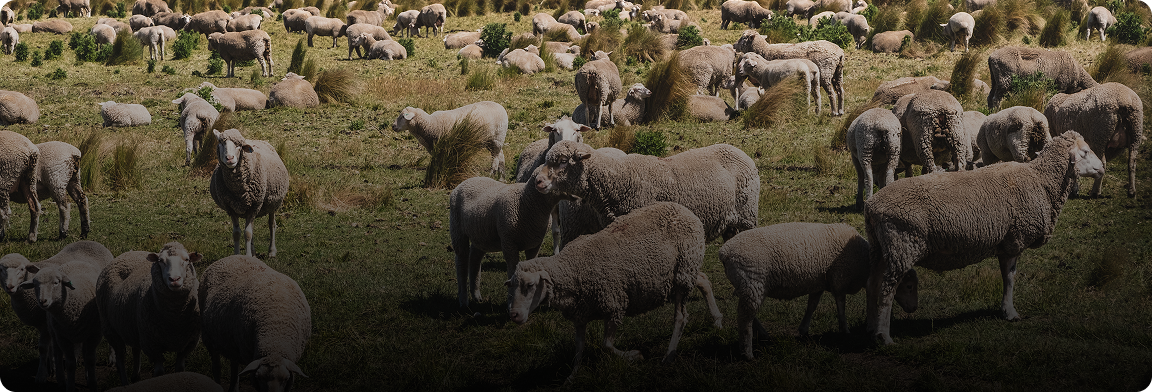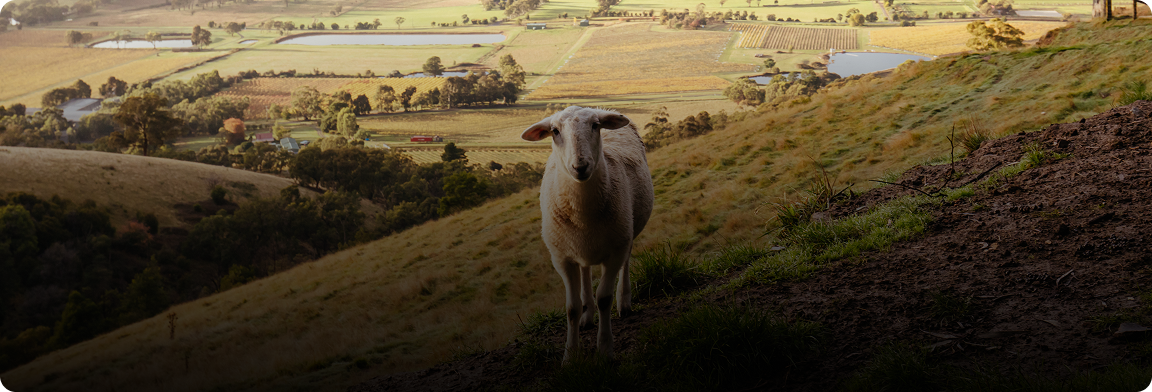Essential Guide to Sheep Care: Nutrition, Health, and Shelter Basics
Caring for sheep requires understanding their basic needs: nutrition, health, and shelter. When you meet these needs, your sheep stay healthy, happy, and productive. Whether you raise sheep for wool, meat, or milk, proper care is essential. This guide will help you provide the best care for your flock, ensuring they thrive on your farm.
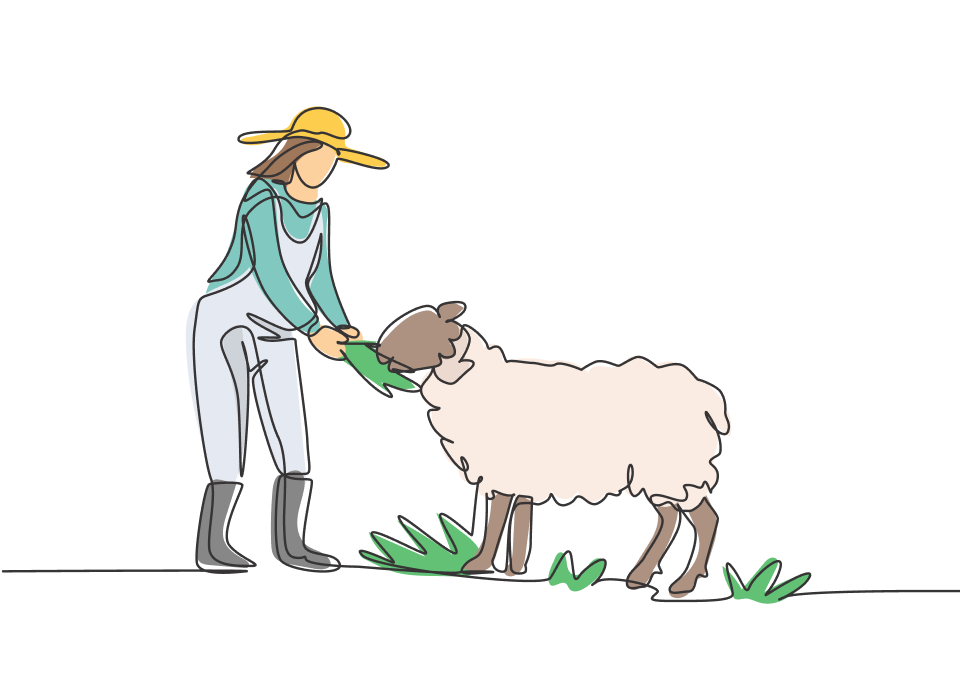
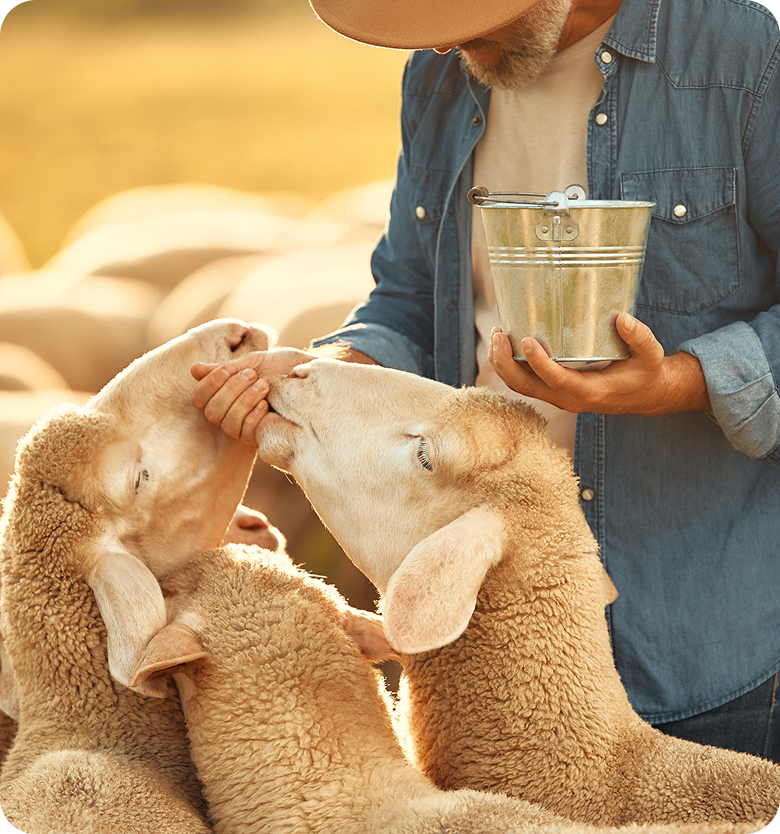
Nutrition: The Foundation of Good Health
Good nutrition is the first step to keeping your sheep healthy. Sheep need a balanced diet to grow strong and produce high-quality wool or milk. A typical sheep’s diet consists mainly of grass and hay, which provide the necessary fiber. However, they may need additional nutrients, such as vitamins and minerals, to stay at their best.
In addition to grass and hay, provide a variety of fresh forage, such as clover and alfalfa. These plants offer extra nutrients that help sheep stay healthy. Sometimes, especially in winter when fresh grass is scarce, you can give them supplemental grains. However, always avoid overfeeding them grains, as too much can lead to health problems like bloating.
It’s also important to provide fresh, clean water every day. Sheep drink plenty of water, especially when they are eating dry hay or grain. Always make sure they have access to water at all times.
Health Care: Keeping Your Sheep in Top Shape
Regular health care is another key part of sheep care. To prevent diseases and infections, keep an eye on your sheep and look for signs of illness. Healthy sheep have bright eyes, shiny wool, and are active. If you notice any signs of sickness, like lethargy, coughing, or loss of appetite, you should contact a veterinarian right away.
One of the most common health problems in sheep is parasite infestation. To prevent this, use regular deworming treatments. Your veterinarian can recommend the best deworming schedule for your flock. You should also watch for lice and ticks, which can affect your sheep’s health. Regularly check your sheep’s skin and coat for signs of pests.
Vaccinations are also an important part of sheep care. Sheep need vaccines for diseases like footrot, clostridial infections, and pneumonia. Work with your vet to set up a vaccination schedule for your sheep, making sure they get their shots at the right times.
Another essential part of sheep health is hoof care. Sheep spend a lot of time standing, so their hooves can become overgrown or cracked. Regular hoof trimming helps prevent discomfort and infection. Most sheep will need hoof trimming every 6 to 8 weeks, but the schedule can vary depending on the terrain they walk on.
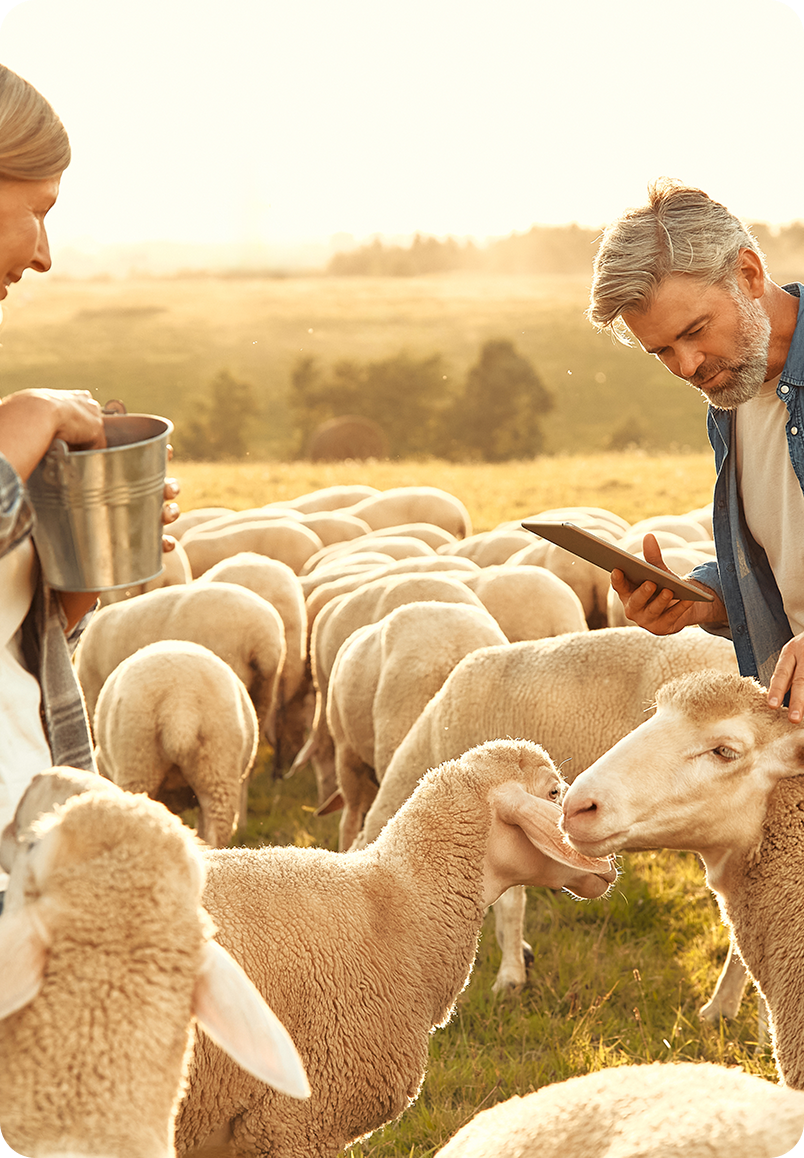
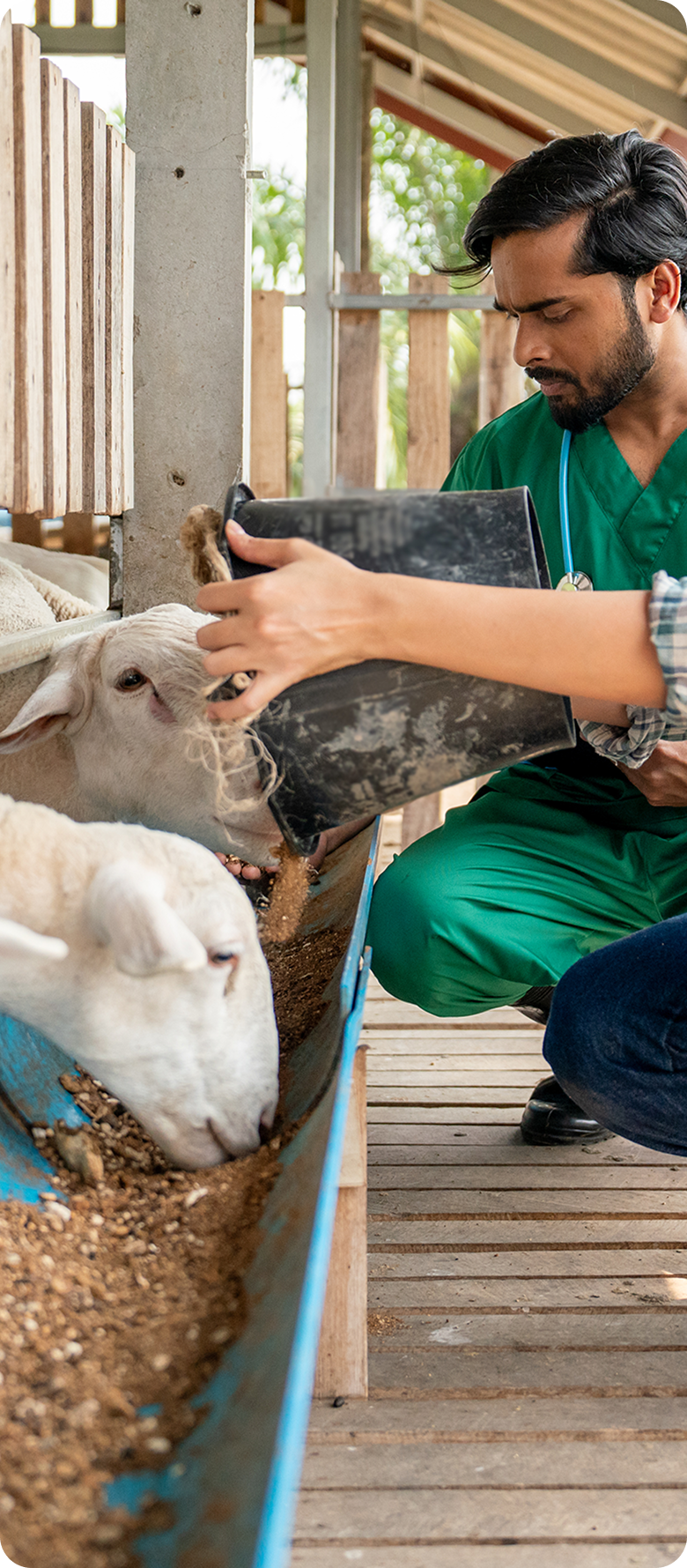
Shelter: Protecting Your Sheep from the Elements
Shelter is an important aspect of sheep care. Although sheep are hardy animals, they still need protection from harsh weather conditions. For example, during hot summer months, they need a shaded area to avoid overheating. In the winter, they need a dry, draft-free place to stay warm.
A good shelter doesn’t need to be fancy, but it should be sturdy enough to protect your sheep from rain, snow, and strong winds. Make sure the shelter has proper ventilation, as stale air can cause health problems. Sheep are also sensitive to extreme humidity, so keep the shelter dry and well-ventilated.
In addition to shelter, sheep need enough space to move around. Overcrowding can lead to stress and spread diseases more easily. Ideally, each sheep should have at least 10 to 15 square feet of space in the barn. You should also create outdoor spaces where they can graze and exercise. Fencing should be secure to prevent predators from reaching your flock, but it should also be high enough to keep the sheep safe inside.
Grooming: Keeping Your Sheep Clean and Comfortable
Regular grooming is necessary to keep your sheep clean and comfortable. Wool can trap dirt and moisture, which can cause skin problems. Use a wool card or comb to remove any dirt or tangled wool. Brushing your sheep regularly also helps prevent matting and keeps their coats healthy.
Shearing is also an essential part of grooming. Merino sheep, for example, need to be sheared once a year to prevent their wool from becoming too thick. Shearing helps sheep stay cool in hot weather and prevents them from becoming uncomfortable.
If you notice that your sheep’s skin is becoming irritated, check for any signs of infection, such as redness, swelling, or sores. If you find any, clean the area with antiseptic and contact your vet for further advice.
Handling Sheep: Creating a Calm Environment
Sheep are generally calm animals, but they can become stressed if handled poorly. It’s important to approach sheep gently and calmly. Avoid sudden movements or loud noises, as these can frighten them. Always move slowly when working with your sheep and never rush them into pens or pastures.
When you need to move your sheep from one area to another, use gentle pressure to guide them. Sheep respond well to calm handling, and it’s important to build trust with them over time. Treating them with care and respect helps create a calm and productive environment on your farm.
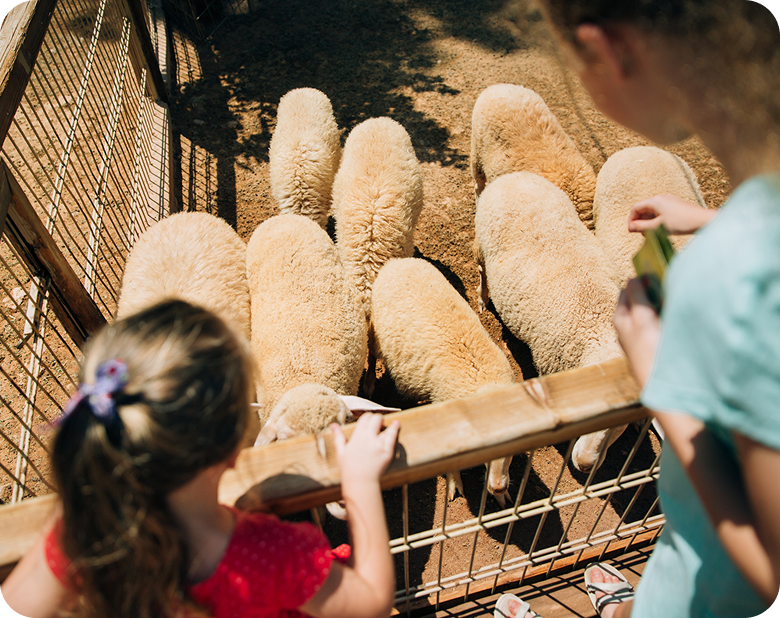
Conclusion
Caring for sheep is both rewarding and challenging. By focusing on proper nutrition, health care, and shelter, you can ensure your sheep thrive. Pay attention to their needs, and they will reward you with healthy wool, milk, and meat. Remember, each sheep is unique, so it’s important to monitor them regularly and address any issues promptly. With the right care, your sheep will live happy and productive lives, and you’ll enjoy the rewards of your hard work.
By following the essential guidelines in this post, you’ll be able to provide the best care for your flock and ensure they are healthy, comfortable, and well-fed. Happy farming!




